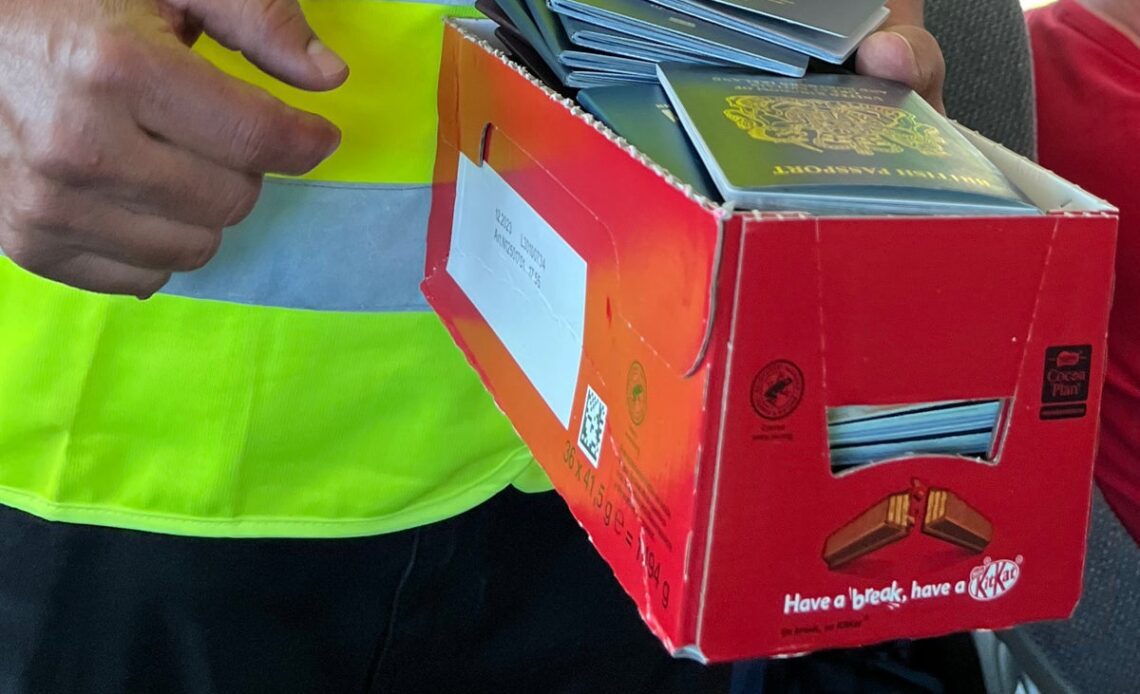Simon Calder, also known as The Man Who Pays His Way, has been writing about travel for The Independent since 1994. In his weekly opinion column, he explores a key travel issue – and what it means for you.
“Hundreds of thousands of British travellers failed by Passport Office delays, according to damning MPs’ report” – so read the headline of the news story by my colleague Benjamin Parker.
An inquiry into the post-Covid shambles at HM Passport Office (HMPO) by MPs on the Public Accounts Committee revealed serious failings by the body trusted to facilitate international travel.
Last year 360,000 applicants had to wait more than 10 weeks for the precious permission to travel abroad. “As a result of the delays, some customers faced not being able to attend family emergencies, not being able to gain employment, losing holidays, or not being able to prove their identities,” the MPs say.
This year, a five-week strike by passport staff belonging to the PCS union is under way, aiming for “the greatest leverage and disruption in areas of strategic impact”. It remains to be seen what effect that will have besides the current non-availability of emergency appointments. But I read the MPs’ full report and evidence session so you didn’t have to. I learnt that the “10-week rule” for the issue of a passport is here to stay – and much more besides.
Five years ago, the then-immigration minister, Caroline Nokes, told parliament that only one in 1,000 of “straightforward applications” took longer than three weeks.
Today, three in 1,000 applications take longer than 10 weeks. And, according to Matthew Rycroft – permanent secretary at the Home Office – there are no plans for reducing the target time to its pre-Covid level.
“We have actually decided to keep it at 10 weeks,” he told MPs. “We know that it will be spiky and there will be times when it will take the full 10 weeks.
“We are going to keep the 10 weeks, because we know we will need that flexibility at some point during the year.”
You could see this declaration as a sensible reflection of reality that is designed to manage expectations. But a sceptic may conclude that this is merely an exercise in corporate bottom-covering, with an adverse consequence in deterring people who would like to book trips but are persuaded not to.
One certain effect is to increase…
Click Here to Read the Full Original Article at The Independent Travel…
